YOUR LEGACY
THEIR FUTURE
Leaving a gift to Surrey




Leaving a gift to Surrey



Legacy is something that we cherish at the University of Surrey. Ours stretches back to 1891 when a funding drive by the local community helped establish our forerunner institution, Battersea Polytechnic. Its mission: to provide access to higher education for those who couldn’t afford it.
The Polytechnic completed its relocation and transformation into the University of Surrey in 1970. But that history of providing access to education is one that we honour.
We offer scholarships to under-represented groups, we support students with hardship grants and we fund those struggling to finance professional training years.
None of this would be possible without our alumni and friends. Their donations help us nurture the next generation of scientists, teachers, engineers and nurses. They also support our world-leading research into clean energy, air pollution, animal welfare, artificial intelligence and much more.

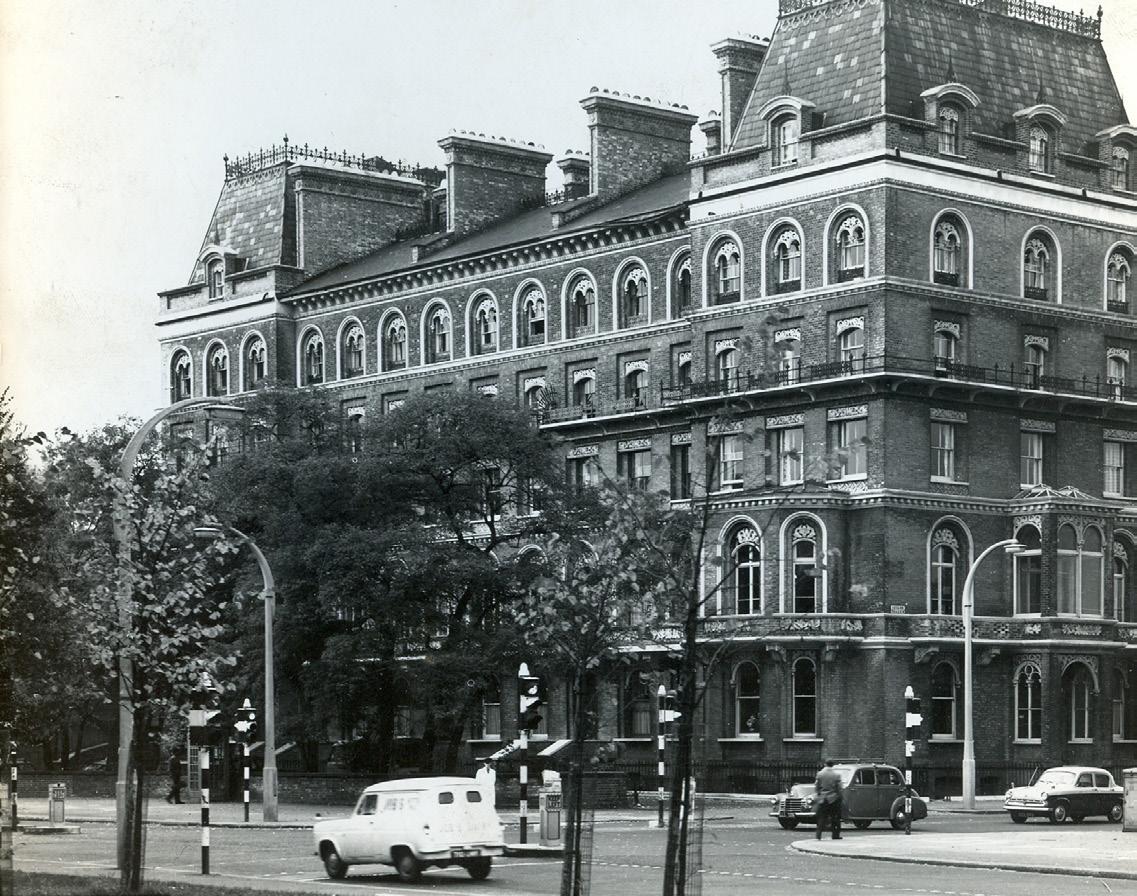
Like the donors who helped establish Battersea, our generous community of supporters have played a key role in creating and extending our goal of making the world a better place.
The legacies we leave, whether we are an individual or an institution, matter. They can change somebody’s world. Sometimes, they can change the entire world. Which is why we hope you’ll considering making a legacy gift to Surrey.
Professor Max Lu, President and Vice-Chancellor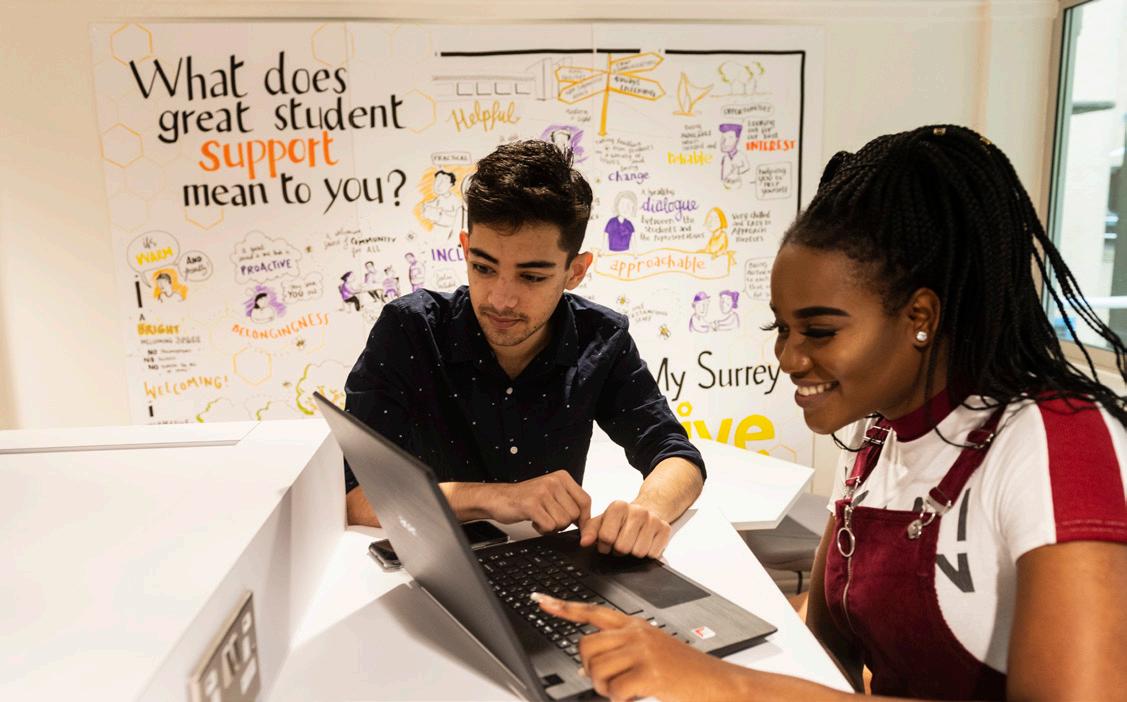
Scholarships increase educational access
Educational inequality remains a stark reality. For far too many, securing access to the life-changing opportunities that learning brings isn’t always possible.
The Office for Students reports that those from areas of low higher education participation, low household income and/or low socio-economic status face increased difficulties accessing university. These groups often include those that are:
• Black, Asian and minority ethnic (BAME)
• Care-experienced
• Disabled
• Mature And that’s in the UK, which boasts one of the world’s biggest economies. In many developing nations, talented international students face additional barriers.
Surrey has a proud history of providing support to attract and educate students, regardless of their background or financial means. We’ve established scholarships to ensure talented pupils from disadvantaged households have access to a degree. These include:
• Supporting those estranged from their families.
• Helping those who’ve been in the care system.
• Aiding talented students from low-income families to study at GSA.
• Increasing the numbers of Black British students at PhD level.
• Supporting mature students to study nursing and midwifery.
• Helping talented women to become future leaders.
In 1954, Mike Banfield secured a scholarship to study at Battersea College of Technology, the forerunner institution to our University. Some 50 years later, he helped establish the Battersea Scholarship to support students who are estranged from their families secure a degree education at Surrey…
Mike began his working life in a factory, before a scholarship enabled him to study for a degree in chemical engineering at Battersea. It was a transformative experience.
“If I hadn’t gone to Battersea, I’d have settled down and stayed for a long time in that factory,” recalled Mike. “Fortunately for me, Battersea was founded by a charitable institution to provide educational opportunities to the sons and daughters of artisan working-class people.”
Successful career
That education gave Mike the platform to launch a successful career in the chemical engineering industry, before setting up his own consultancy.
The latter was sold to a Dutch consortium in 2006. Around this time, Mike reflected on his scholarship and the opportunities it brought.
“The degree I received at Battersea opened many doors,” he added. “It allowed me to travel the world through work, before returning to the UK to be with my family.”
The Battersea Scholarship Fund
This prompted Mike to establish the Battersea Scholarship Fund. He contacted his fellow
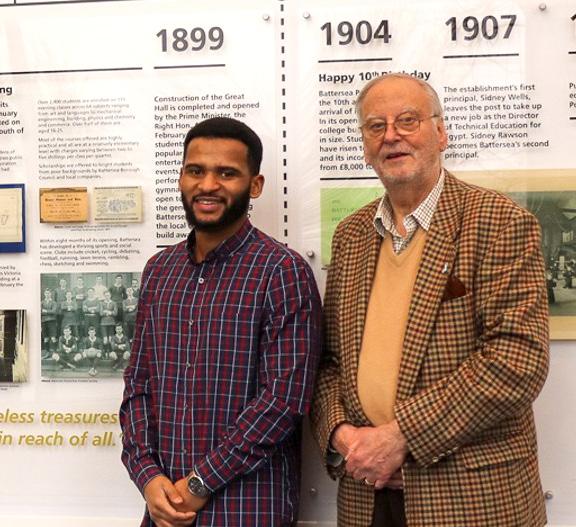
alumni and planned several mailing campaigns. The initial goal was to raise enough money to support a single scholarship for a student estranged from their family.
More than 100 of Mike’s fellow alumni contributed and, in April 2022, the Fund passed the £100,0000 mark.
By the end of 2022, the amount was £112,000.
The Fund currently supports our first two Battersea scholars, BSc Business Management undergraduate Anwar and BSc Accounting and Finance student Luke.
Mike met both scholars and remarked: “To know the inclusive and supportive spirit of Battersea will be commemorated through these scholarships is a fitting memorial.”
Legacy lives on
Sadly, Mike passed away in April 2023. This means he won’t meet future recipients of the Fund he worked so hard to establish. The Fund, however, recently benefited from a £30,000 donation from Mike’s estate.
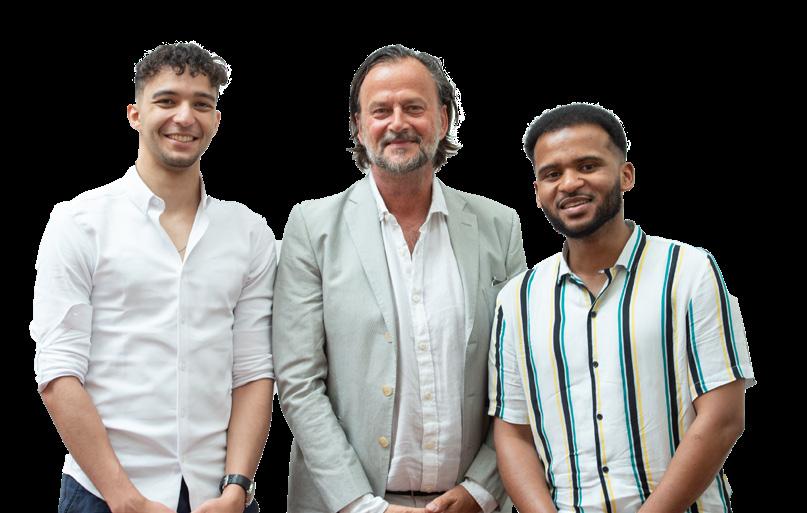
This was announced when Mike’s son, Christian Banfield, attended our Scholar’s Lunch in June 2023. On behalf of his dad, he accepted the Vice-Chancellor’s Alumni Award for Mike’s Outstanding Contribution to Surrey. Then he announced the family gift.
This will ensure the number of Battersea Scholars will grow to a minimum of 12 and extend the future of the scheme to at least 2031.
It’s an impressive achievement. More importantly, Mike’s legacy, and that of his fellow Battersea alumni, lives on…
For more information, please visit www.surrey.ac.uk/giving
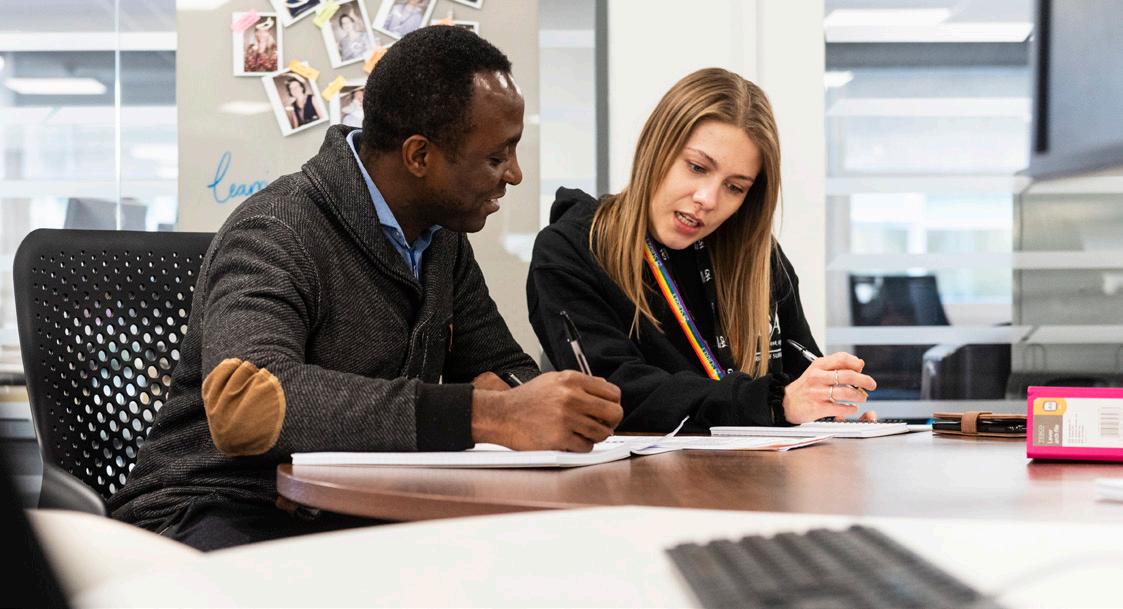
The need for hardship funding is greater than ever
The current cost-of-living crisis is having a damaging impact on students. New polling from the Sutton Trust reports that a third of students from working-class families are skipping meals to save on food costs.
The fallout from the pandemic will also continue to hit students for some time yet. Many will struggle to find part-time work to subsidise their studies. Some have parents who’ve lost jobs and can no longer provide financial help.
Other worrying trends support this prediction:
33% £
Our University Hardship Fund has seen a 33% increase in applications when compared to the previous year.
Negotiating the landscape ahead will be fraught for students.
2022 research by the Office for National Statistics found that over 75% of students are worried that soaring costs will affect their academic success.
A 2020 Save the Student poll, meanwhile, found 36% of those surveyed considered leaving their degrees due to the financial burden of university.
We want to ensure that is a position no Surrey student ever finds themselves in.
Since 2005, we’ve awarded hardship grants worth a maximum of £4,000 to almost 1,000 students. These awards are often the difference between continuing a degree or a student leaving education.
Young mum and PhD researcher Leah was awarded a grant when Covid-19 hit in 2020 and her partner lost his job. With her four-year-old daughter at home, continuing her studies became difficult for Leah.
But our student hardship grant was there to help.
Leah explains: “I can’t overstate how crucial these grants are to people facing unforeseeable difficulties.
“Many students live with financial precarity hanging over them. The grant was life-saving at the point it came for me. I’m incredibly grateful to those whose donations made this possible.”
Jane Biscombe studied for a masters in Water and Environmental Engineering at Surrey from 1998-1999. Now the Clerk at Weymouth Town Council, she explains why she gives to back to the University…
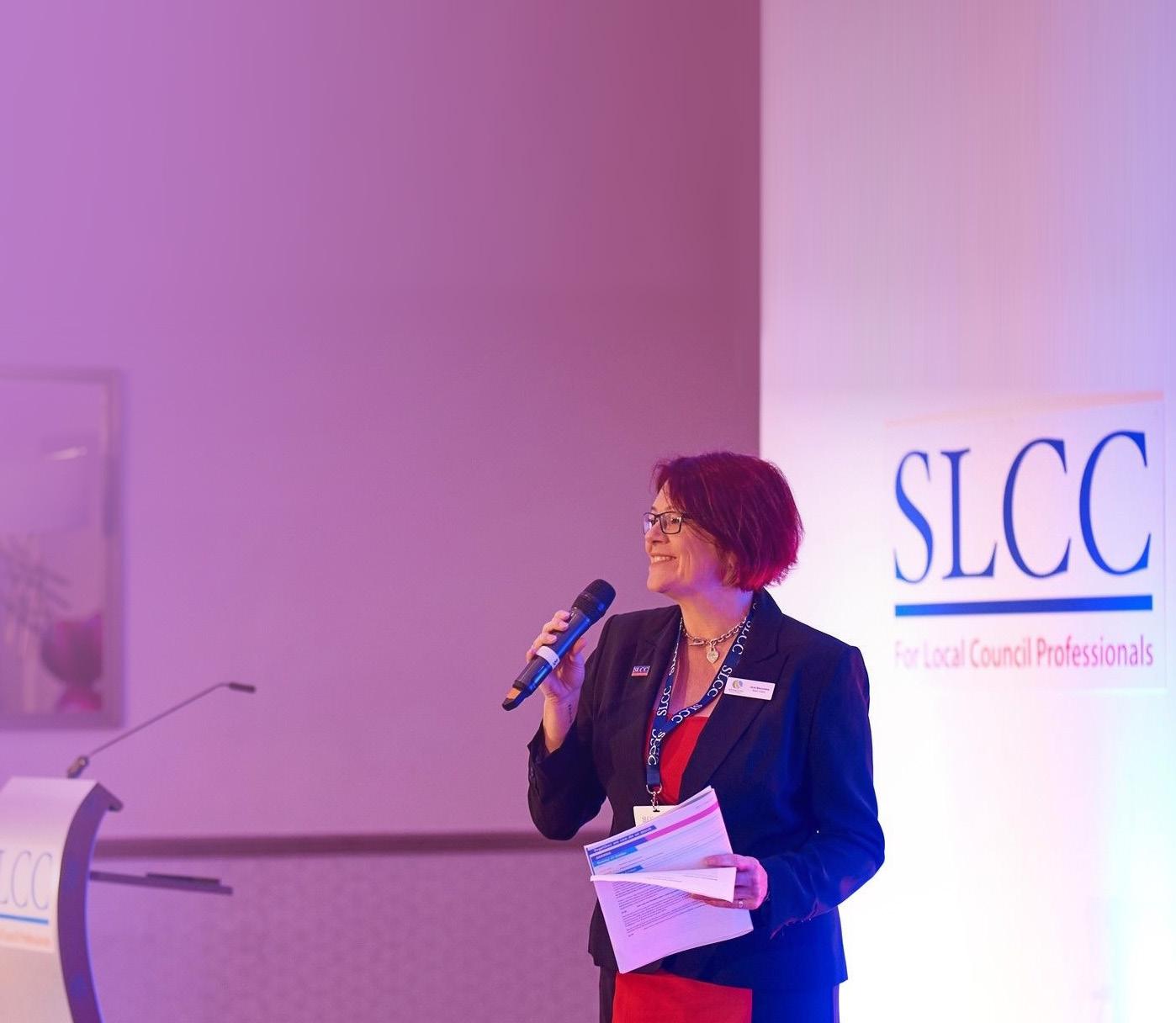
Why have you chosen to make a financial gift to the University?
When I was undertaking my masters, I had a young child, and I struggled financially to balance study, work and childcare.
I applied for hardship funding. I didn’t feel I was the sort of person who should be applying, mainly because I felt there were perhaps more deserving causes. I thought I might get a small sum to help towards the overall costs.
What happened?
I remember being blown away when I got a letter back informing me that the Fund would pay my childcare costs for the rest of the course. I was in tears because I feared I might have to finish my masters early.
This funding meant there was someone out there who cared and valued what I was trying to do, and wanted to help me succeed.
Can you tell us about your gift?
I’ve asked for my gift, which is essentially me repaying the grant that I was awarded, to go towards the Student Hardship Fund.
I’d like it to go parents out there who are trying to balance studying and struggling with the costof-living crisis. Child care was expensive when I was taking my masters and raising children, but it’s worse now.
It’s important for parents to know that somebody cares and wants them to succeed. What difference did this support make to you at the time?
Without it, I’d have seriously considered dropping out and walking away without any form of qualification.
The piece of paper that I left Surrey with opened the doors to so many roles. It was invaluable. Would you encourage others to fund this type of support?
I was so lucky that someone helped me at that point in my life. It enabled me to get where I am today. I’m successful in my field, I have a great job and a secure income. Even better, I do something I love.
I want to give that opportunity back to somebody else. I want to give someone else the chance to have a shot at getting where they want to be in life.
“This funding meant there was someone out there who cared and valued what I was trying to do, and wanted to help me succeed.”Jane Biscombe MSc Water and Environmental Engineering

Combating the many factors contributing to climate change remains the most immediate threat facing humanity. The 17 Sustainable Development Goals (SDGs) identified by the United Nations (UN) are a universal call to action to tackle this, end poverty and ensure all people enjoy peace and prosperity. SDGs promote:

Affordable and clean energy

Clean water and sanitation
Responsible consumption & production
Sustainable cities and communities
There are other issues and new technologies that need developing to solve these. These include tackling long-term illnesses such as dementia and antimicrobial resistance (AMR), and ensuring we understand the links between animals and humans to avoid the next pandemic.
World-leading dementia research at Surrey
At Surrey, much of our research aligns with the aims of UN SDGs. It is benefiting lives in the present and it is solving the problems of the future. Our research work includes:
Creating the next generation of clean energy
Mitigating the effects of air pollution around the globe
Working with the World Health Organization on clean water
Campaigning for sustainable consumption and production
Building healthy, sustainable living spaces
Finding a cure for dementia and cancer
Combating AMR
Focusing on animal health and welfare
Janet Preston studied a BSc in Physics at Surrey from 1974-1978. Following a successful career in industry, she returned to complete a Masters in 2014 and a PhD in Astrophysics in 2020. She explains why she gives to Surrey…
What brought you back to Surrey in 2014?
After spending years travelling the world and having new caring responsibilities, I set up my own business so I could work nearer to home. Missing the interaction of my work colleagues, I joined the Institute of Directors and became the Education Ambassador for the Surrey branch. This brought me opportunities to work with educational charities.
I also started working with the Employabilty and Skills team at the University, delivering workshops to share my business experience with students.
How did this help you make a decision to leave a gift?
Re-engaging with the University got my husband, Mark, and I thinking about leaving a gift in our wills. The Head of the Physics Department, Professor Paul Sellin, took the time to let us know what they might be able to do with our money.
It sounded exciting and inspirational so we said it was a pity we wouldn’t be around to see it all come to fruition. Paul suggested we endow a physics prize so that we could meet the students and participate in graduation ceremonies. We thought this would be very expensive, but it wasn’t. So we did that, too.
What’s your motivation for this?
I couldn’t have afforded to initially come to university if I hadn’t had a council grant. My parents would not have allowed me to get into that level of debt.
Even though there are now student loans available rather than grants, a lot of people still can’t afford to take degrees. I hope some of the money we leave helps somebody who needs it.
You want to support women in STEM, too…
Yes. I want to fund bursaries to encourage more women to take degrees in STEM (science, technology, engineering and maths) subjects. A few years ago, there was a Women in Science and Education report showing the drop-off
“I fund bursaries to encourage more women to access education in STEM subjects”
Janet Preston,PhD in Astrophysics, (2020)
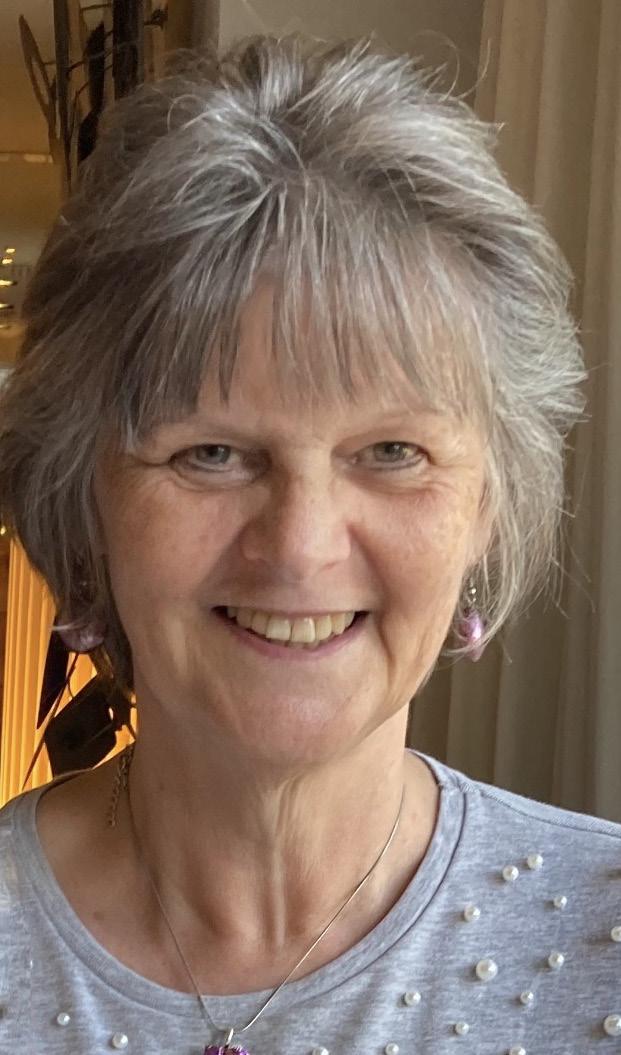
points between boys and girls taking STEM subjects in schools.
It was horrendous reading.
Would you encourage others to leave gifts?
Yes. These don’t have to involve huge amounts of money either. It’s like Comic Relief. If enough people donate small sums, it adds up to a big overall figure. What may seem insignificant to you may mean an awful lot to somebody who needs it.
Mark and I particularly enjoyed donating money for prizes and seeing the recipients at graduation ceremonies. I have pictures with most of our prize-winners. I did my PhD alongside one of them, while another was a teaching assistant during my masters.

The legacies we leave are important. They show those who follow that we still wish to make a positive impact on the world. And what a huge effect such gifts can have. Here are a few examples...
• Scholarships : Your legacy can open the door to somebody from a low-income family or an under-represented group securing a degree education at Surrey.
• Hardship funding : Your legacy can ensure that a student who may be estranged from their families and has no other means of financial support is able to complete their course and gain a first-class education.
• Research : Your legacy can help us unlock breakthroughs in key areas of research with benefits for the global community. These include people-centred artificial intelligence, solar power, sustainability and health.
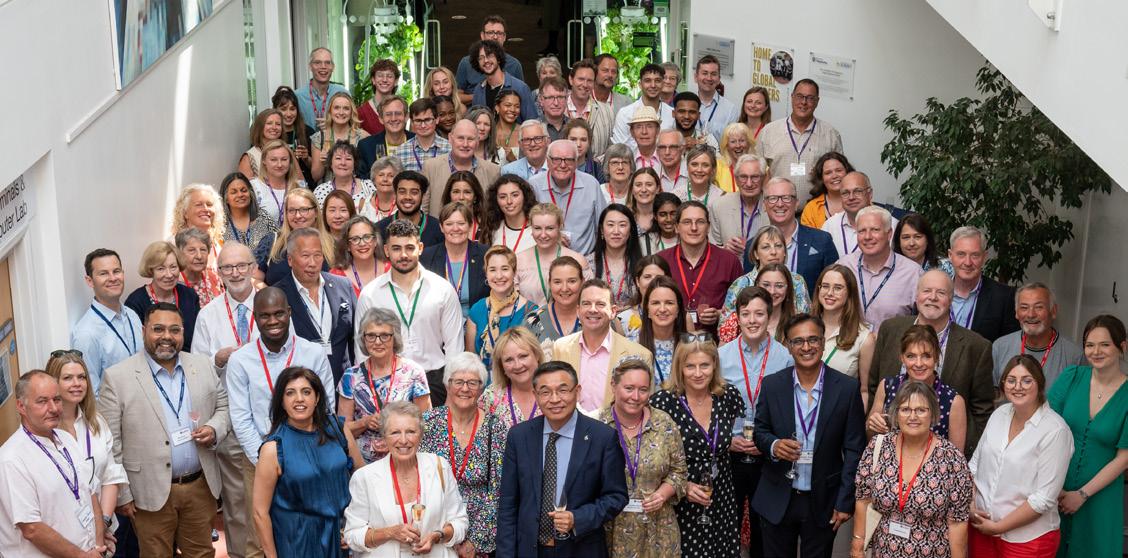
Supporters and friends at a recent Scholars’ Lunch
If you want to fund a scholarship or leave a legacy gift, we’re here to make the process stress-free and simple. Here are several ways we can offer support...
• The University is a charity (HMRC reference number X3967) exempt from Income Tax and Inheritance Tax.
• A legacy to the University normally reduces tax payable on your estate.
• We are always happy to discuss your will wording and draft ideas for you to consider.
• If you need help regarding gifts from overseas, please contact us and we can plan your gift.
• To start a conversation with us regarding your potential legacy to the University of Surrey, please get in contact using the details opposite.
Please contact:
Daniel Lawrence, Legacy Manager, Advancement, Senate House, Guildford, Surrey GU2 7XH
07772 508325
d.k.lawrence@surrey.ac.uk
“Securing scholarships was the only reason I was able to accept a place on and complete this course. But it’s more than that.
“It meant somebody who I’ve never met saw me, where I was from and where I wanted to go, and chose to support that.”
Stacey-Marie Bertrand, BA Musical Theatre, (2023) and Shining Star Scholar
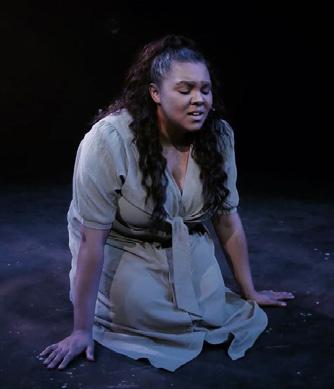
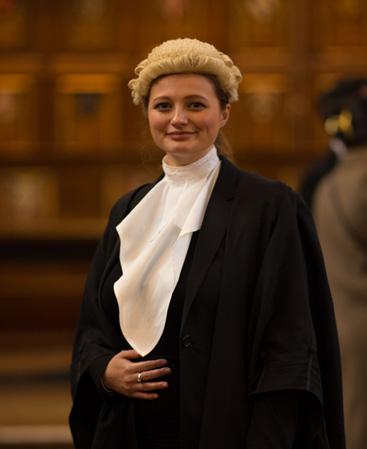
“One of the reasons I came to Surrey was that the University had bursaries for individuals from low-income families. I was awarded one in my first year and that made a huge amount of difference.”



1986: Professor Alf Adams makes the high-speed internet possible via his strained-layer quantum-well laser.
1971: Daphne Jackson becomes the first female professor of physics in the UK.


1985: Sir Martin Sweeting helps launch the UK small satellite industry via Surrey Satellite Technology Ltd.
2003: Surrey Satellite Technology Ltd launches the Disaster Monitoring Constellation.


2015: The £70 million 5G Innovation Centre opens, championing innovative 5G and 6G research in the UK.

2011: Our work improving access to safe drinking water and sanitation wins the Queen’s Anniversary Prize.
1996: Dr Johnjoe McFadden develops a rapid blood-based test for meningitis.


2023: Google awards Surrey $1.5 million to help research using artificial intelligence to automatically translate online and offline text into real-time sign language videos.

